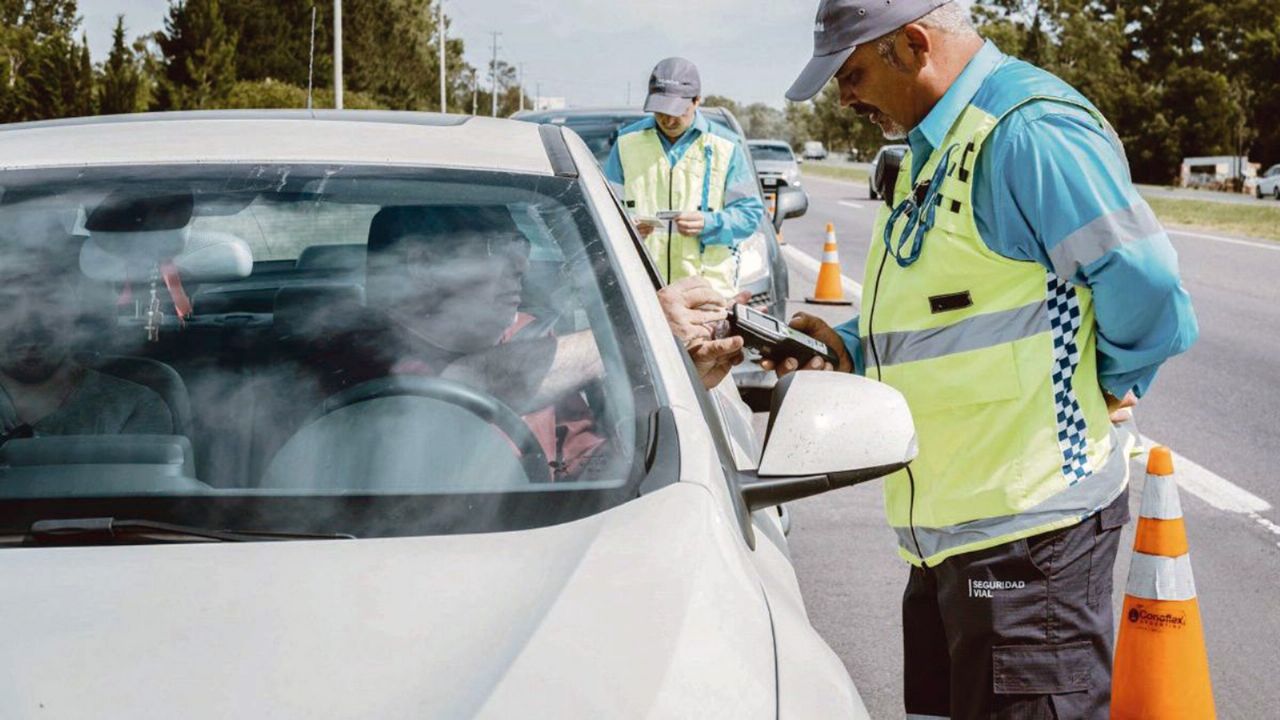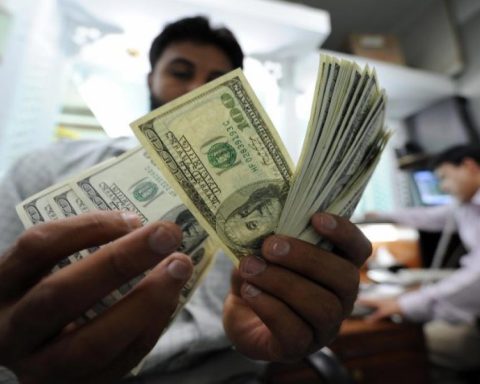The Government of the province of Buenos Aires promulgated this Thursday the norm N°15.402, also known as the Zero Alcohol Lawby means of which zero tolerance of alcohol in blood is established for drivers who circulate on Buenos Aires roads.
The normative which was sanctioned in December, entered into force on January 1. With the Zero Alcohol Law the permitted limit of 500 milligrams of alcohol in blood for drivers is eliminated.
The measure was published through the Official Gazette and includes fines, arrest, license retention and disqualification from driving for those who fail to comply with the Zero Alcohol Law. The sanctions will be more severe for those who are repeat offenders.
Likewise, the penalties will be established according to the level of alcohol in the blood detected. Economic fines can exceed $200,000; while, for those who refuse to take the breathalyzer test, they could pay up to $245,040.

The norm also obliges drivers to attend special education and training courses for the correct use of public roads. In addition, the authorities can disable the driver’s license for up to 18 months for those who exceed 1,500 milligrams of alcohol in their blood.
Although the law has already entered into force, the Government established a grace period for its full implementation. This means that, for one year, those who have between 0 and 499 milligrams of alcohol in their blood will only be sanctioned with the attendance and approval of special education and training courses for the correct use of public roads.

From the Buenos Aires government, they stated that the measure will contribute to “lowering accident rates, taking into account that alcohol is linked to accidents at 44%.”
How is the implementation of the standard going?
The rule began to be implemented since last Sunday, January 1. From that moment on, security controls were redoubled on the main routes in the province and, according to the head of the National Road Safety Agency (ANSV), Pablo Martínez Carignano, so far the balance is positive.

Although only 5 days of implementation have passed, Martínez considered that “Over time, people will disassociate alcohol from driving and it will be natural for them not to drink if they are going to drive later”. In this sense, he stated: “This is not a dry law. We all drink alcohol and we will continue to do so. But, if we get into a car, no. Because that causes pain, causes deaths, injuries, produces destroyed families.”


















